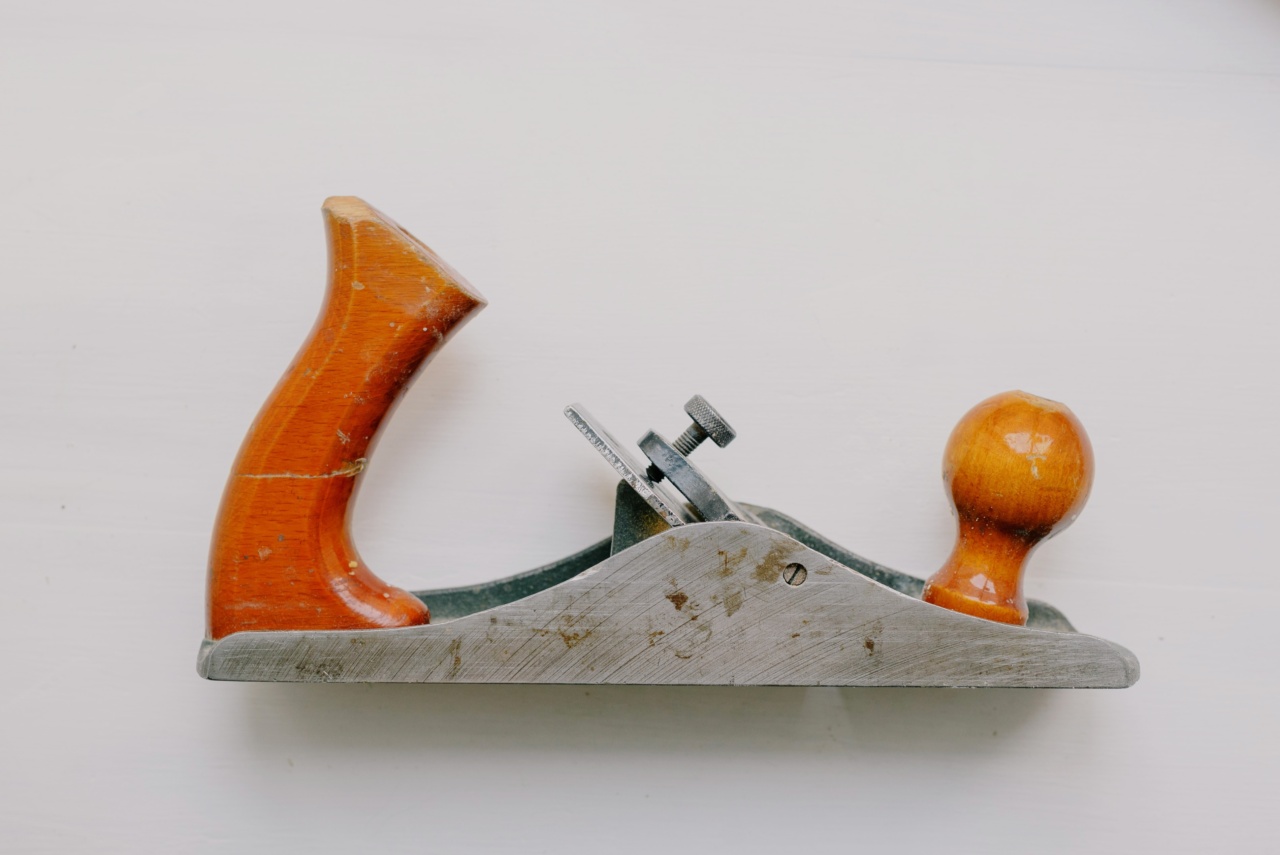Hypertension, more commonly known as high blood pressure, is a condition that affects millions of people worldwide. It is a leading cause of heart disease, stroke, and kidney failure, and it can often go undetected for years.
Knowing how to spot the danger of hypertension in your body is crucial to preventing serious health complications down the line.
What is Hypertension?
Before we dive into the warning signs of hypertension, let’s first define what it is. Hypertension is a condition in which the force of blood against the walls of your arteries is too high.
Over time, this can cause damage to the arteries and organs in your body.
There are two types of hypertension: primary and secondary. Primary hypertension is the most common and has no known cause. Secondary hypertension is a result of an underlying condition such as kidney disease or obstructive sleep apnea.
Warning Signs
Unfortunately, hypertension often has no symptoms. This is why it is commonly referred to as the “silent killer.” However, there are a few warning signs that you can look out for.
If you experience any of the following, it is important to see a doctor immediately:.
1. Headaches
While headaches are a common symptom for many conditions, frequent headaches could be a sign of hypertension. If you notice that your headaches are more severe or frequent than usual, it is important to get your blood pressure checked.
2. Shortness of Breath
If you find yourself out of breath after minimal physical activity or even just sitting still, this could be a sign of hypertension.
When your blood pressure is too high, your heart has to work harder to pump blood throughout your body, which can lead to shortness of breath.
3. Fatigue
Feeling tired or fatigued even after getting enough sleep could also be a sign of hypertension.
When your blood pressure is too high, it can cause a lack of oxygen and nutrient-rich blood to flow to your organs, which can leave you feeling drained and tired.
4. Vision Problems
Blurred vision, double vision, or even loss of vision could be a sign of hypertension. When the blood vessels in your eyes are damaged, it can affect your vision.
If you experience any changes in your vision, it is important to seek medical attention immediately.
5. Chest Pain
Chest pain or discomfort is a common symptom of heart attack or angina, but it can also be a sign of hypertension. When your blood pressure is too high, it can cause the arteries in your heart to narrow, which can lead to chest pain or discomfort.
6. Nosebleeds
While nosebleeds are not usually a cause for concern, frequent nosebleeds could be a sign of hypertension. This is because the tiny blood vessels in your nose can be damaged when your blood pressure is too high.
7. Numbness
Feeling numbness, weakness or tingling in your arms or legs could be a sign of hypertension. When your blood pressure is too high, it can damage the blood vessels that supply blood to your nerves, which can lead to numbness or weakness.
Prevention and Treatment
Prevention is key when it comes to hypertension. Here are a few things you can do to keep your blood pressure under control:.
1. Regular Exercise
Exercising for at least 30 minutes a day can help to lower your blood pressure and improve your overall health.
2. Healthy Diet
Eating a healthy diet that is low in sodium and high in fruits, vegetables, and whole grains can help to lower your blood pressure.
3. Limit Alcohol Intake
Drinking alcohol in moderation (no more than one drink per day for women and two drinks per day for men) can help to lower your blood pressure.
4. Quit Smoking
Smoking can raise your blood pressure and increase your risk of heart disease and stroke. Quitting smoking can help to improve your overall health.
5. Manage Stress
Stress can cause your blood pressure to spike. Learning to manage stress through techniques such as meditation, yoga, or deep breathing can help to lower your blood pressure.
Conclusion
Hypertension can be a serious condition if left untreated. Knowing how to spot the warning signs and taking steps to prevent and treat high blood pressure is crucial.
By making lifestyle changes such as exercising regularly, eating a healthy diet, limiting alcohol intake, quitting smoking, and managing stress, you can help keep your blood pressure under control and maintain good overall health.





























